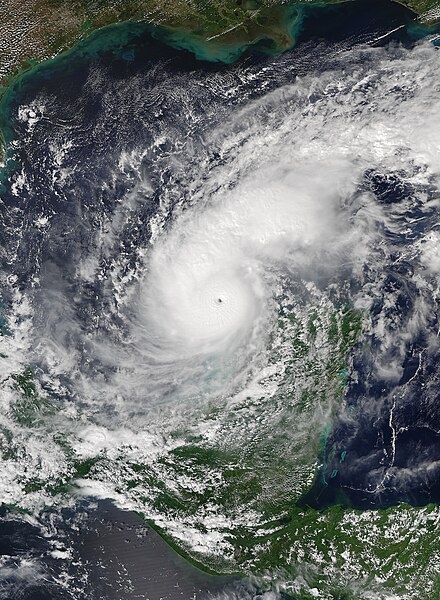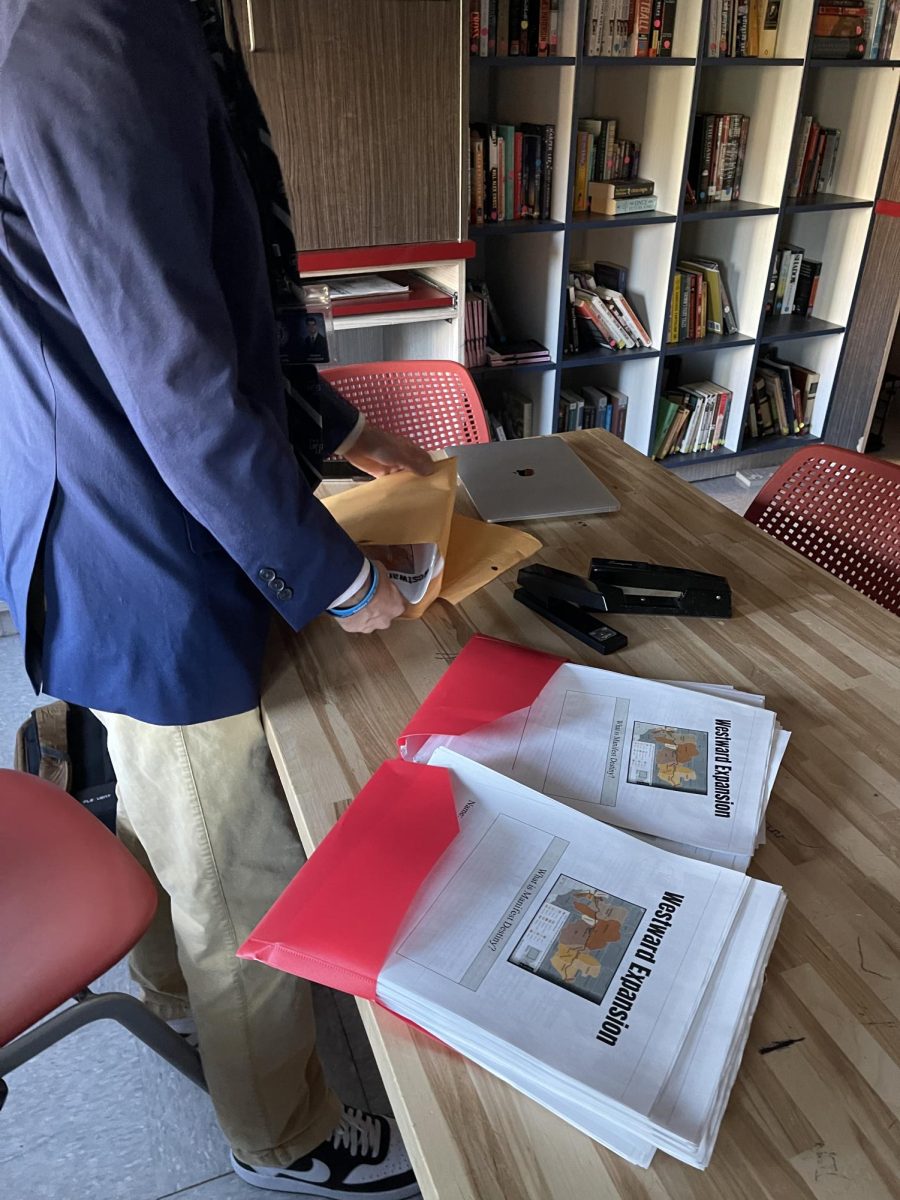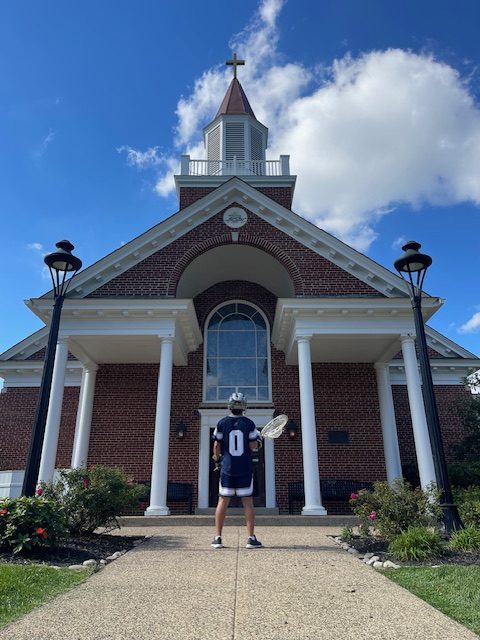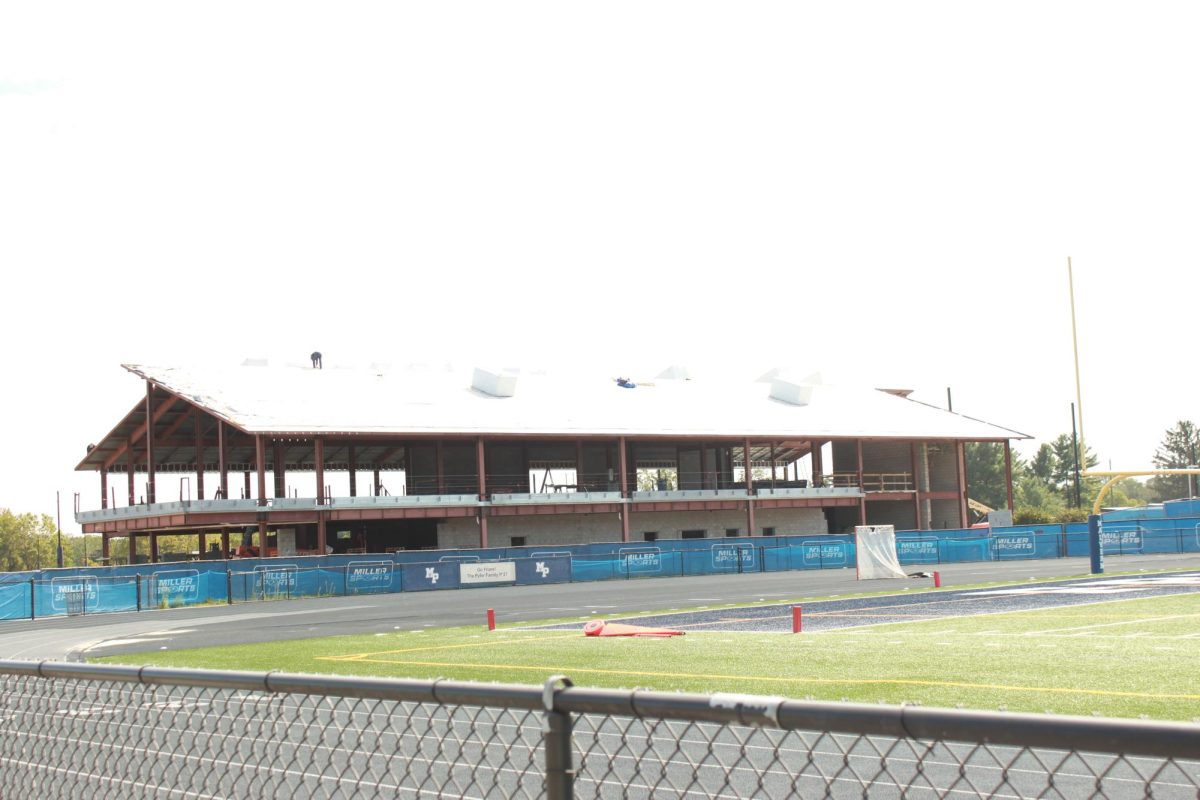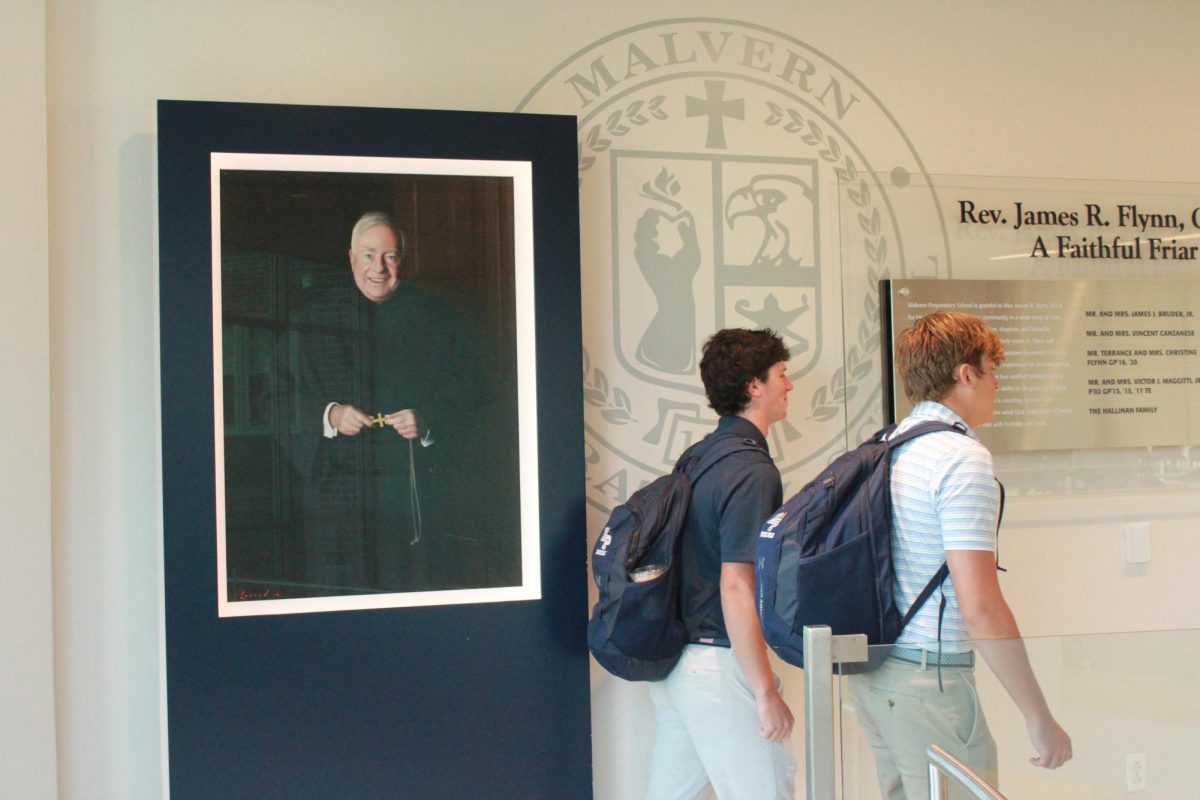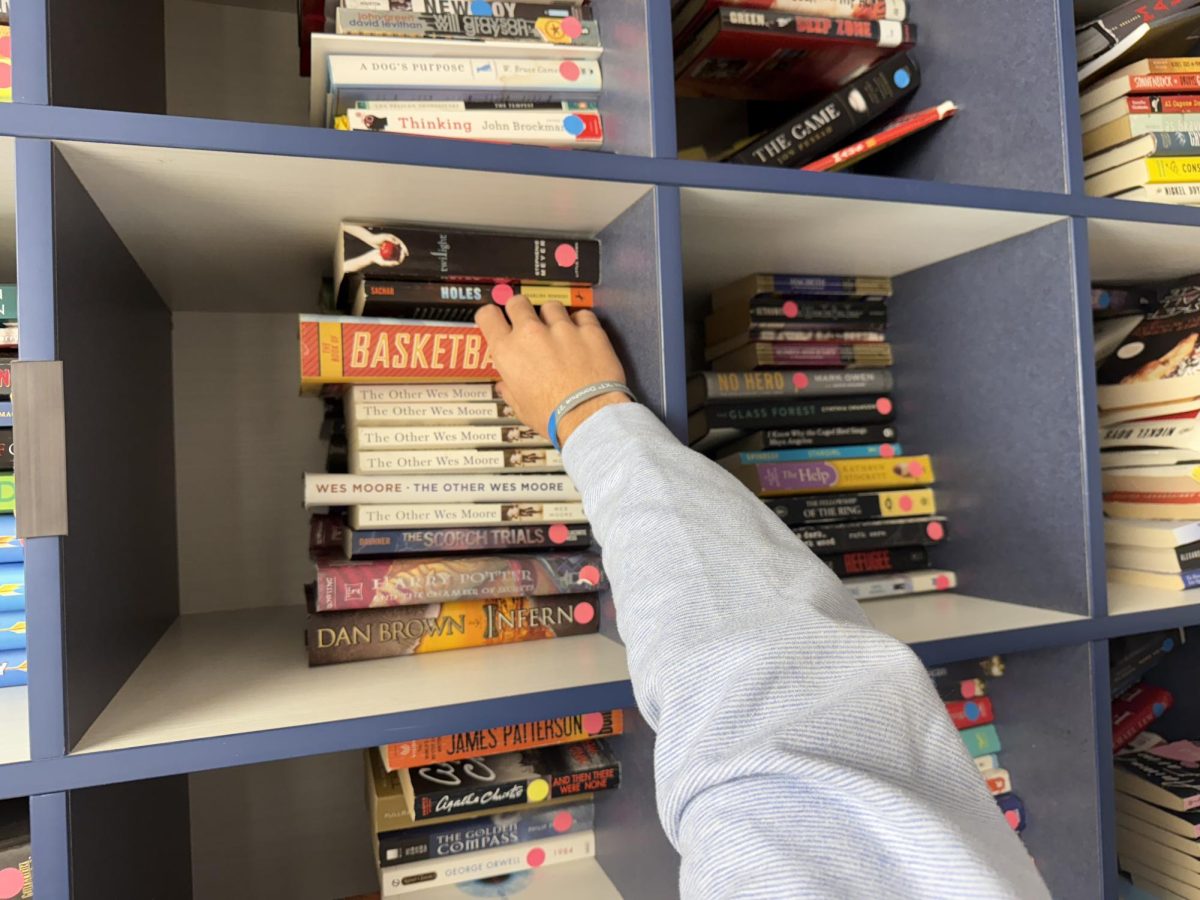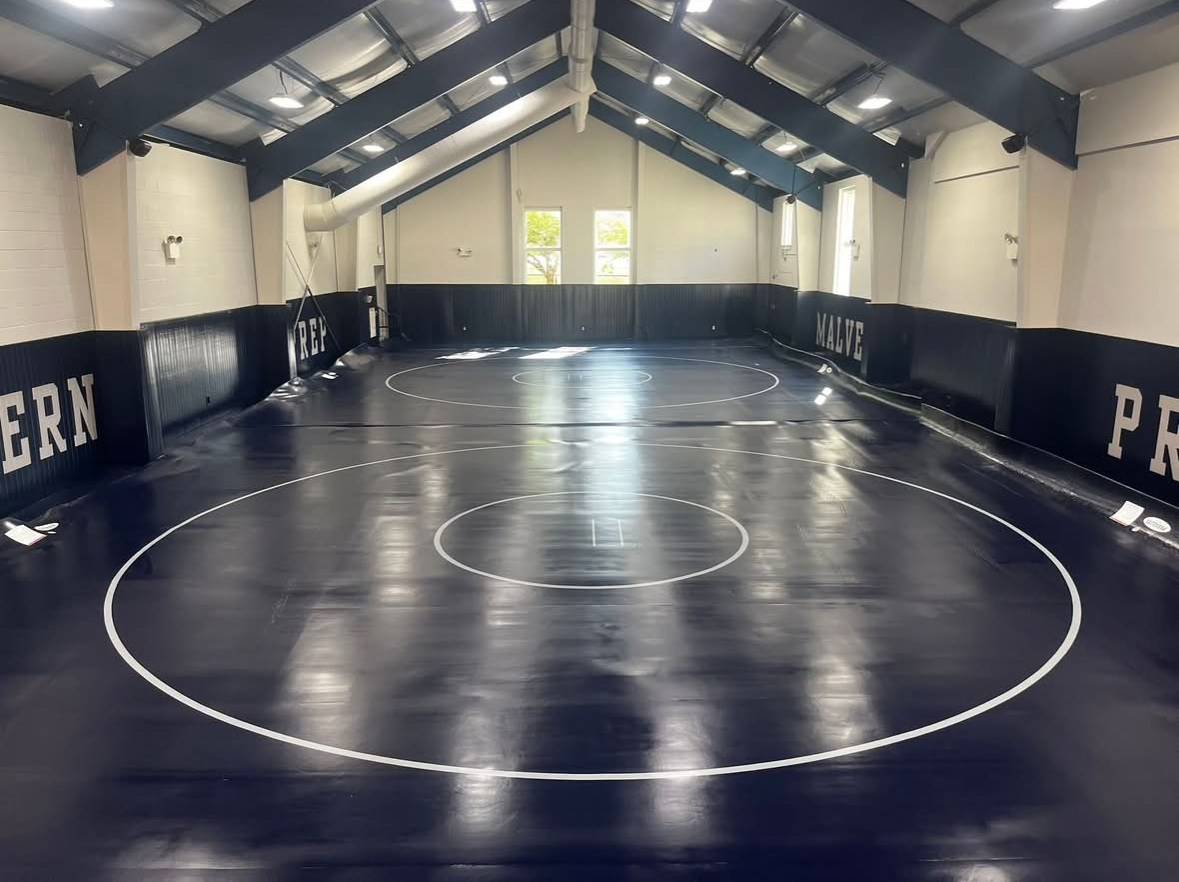On September 26, Hurricane Helene, a category four hurricane, landed in Florida’s Big Bend area. Ten days later, on October 6th, Hurricane Milton, a category three hurricane, touched down in Siesta Key, Florida. Both storms have left the American South devastated. Many homes have been destroyed, and many people have been displaced as a result. The Malvern alumni, who are an integral part of the community, have also been greatly affected by these storms. We spoke with three Malvern graduates currently at the University of Tampa in Florida.
The University of Tampa took various precautionary measures in anticipation of the storm’s landfall, which was forecasted to be in the city of Tampa. Authorities use letters to distinguish different evacuation zones and assign them to separate regions of the state. The higher the letter is in the alphabet, the more severe landfall is expected to be.
Cam Marcum ‘23, a student at the University of Tampa and a Malvern Graduate, said, “For both of these hurricanes, we were evacuated roughly two days before everyone on campus had to leave. For Helene, they were A and B, and for Milton, the last one, it was A, B, and C; those zones had to evacuate. So, our college did the classic, boarded up everything. Besides that, people with dorms on campus would put their stuff in the corner of a room just in case it did flood.”
Once Tampa University evacuated the campus, many people traveled to a relative’s
house outside the state or further inland to avoid the storm’s path.
“So everyone just starts evacuating, whether that’s going to a relative’s house, flying home to Pennsylvania or wherever they live, or just going to Orlando. People went [an hour] and some change to Orlando from here,” Marcum said.
Evacuating the state was incredibly nerve-wracking, with many airports and highways being packed entirely. Also, due to the hasty evacuation, people were still determining what to bring or leave behind.
Chase Reardon ‘22, a student at the University of Tampa, said, “The evacuation process was pretty stressful. There is uncertainty about what you need to bring with you and what you don’t need. Also, the uncertainty of what you will be coming back to. The actual evacuation process was similar to a scene from a movie. Airports are jam-packed, everyone on the roads at one time, so traffic was a mess, and barely any gas was available.”
The congestion due to traffic, both in airports and on the road, was immense. Leaving the state was extremely difficult due to the massive wave of people evacuating. Additionally, gasoline was in such high demand that police limited the amount people could buy, restricting people to their homes.
Mr. Matthew McDonald ‘13, Upper School Science Teacher and 10th Grade Student Academy Leader provided unique insight through his expertise in meteorology and discussed the science behind each storm.
“Hurricanes need warm bodies of water to form, and the temperature contrast between air and water is what’s fueling these storms, just like thunderstorms. So there’s a way bigger scale. I think we understand how hurricanes are forming. I think what we’re now looking into is the future of hurricanes with climate change. With Hurricane Helene, Hurricane Milton, [which devastated Florida last night], strengthened over the Gulf of Mexico. And that’s because the Gulf of Mexico is at record warmth right now,” McDonald explained.
Climate change and rising temperatures are significant factors that have major consequences on the development of storms, such as increasing the severity of storms.
Drew Kennedy ‘23, a student at the University of Tampa and a Malvern graduate, described how the city of Tampa had been affected by Hurricane Milton.
“So, there’s no gas around here right now. Many gas stations are out of gas, or they’re just getting gas back. There’s a limit on gas. You can only get 10 gallons at a time right now. The police are monitoring gas stations, and I believe gas tankers are being police escorted to gas stations. So from what I heard, it was like a ghost town for the first couple of days,” Kennedy said.
With very few people left, the city was silent. The storm had lasting impacts on the city of Tampa and its people. Even so, the connection of the Malvern Brotherhood has lived on through our alumni fortitude. Kennedy highlighted the importance of reaching out to people affected by the storms, including Malvern brothers.
“So, just checking in with people I know. I’ve talked to other alumni in the area. Like guys, you know, out of college just checking in and seeing how they’re doing, and it’s all part of the Brotherhood. Making sure everybody’s all right. If I can help those guys, I will. I know it’s tough. But just kind of reaching out and keeping in contact because it’s not easy,” Kennedy said.
Marcum also highlighted the difference between the two storms.
“For both the hurricanes, they’re completely different. Helene had more flooding, and Milton had more wind damage. There were power lines and trees down. During the actual hurricane from Milton, transformers were blowing up, which is why there were so many power issues. And then Helene was just crazy; every store around got flooded, but the businesses were open within two or three days after the hurricane,” Marcum said.
Marcum shared the sharp contrast between the weather in Pennsylvania and the weather in Florida. While Marcum says he enjoys the weather in Florida, he cautions that it can be unpredictable and extreme. In addition, he took the beautiful weather in Pennsylvania, which is relatively constant, for granted.
“Personally…being from Malvern, that area, we never see hurricanes. We’ll see the last end of it, which is just some rain, maybe an inch of rain. But being just 20 miles from the hurricane, it really wakes you up to realize not everything is handed to you, but things are a little harder than it may seem from the outside with this weather. Florida has some extreme weather, and I love it personally because it always keeps you on your toes. But, it’s definitely opened my eyes to see that there’s a lot more than just snow, rain, and, like, a sunny day as Pennsylvania has,” Marcum said.
In the wake of the recent event, Marcum asks us to keep the state in our hearts and to do what we can to help people who have been negatively impacted.
“I would just say, keep Florida in your prayers while this is all going on, and if you can donate to a charity of some sort, because I know just from social media how many people are still stranded, like my teacher is still stranded, not back in our apartment. We’ve had a lot of virtual classes, and I know many people still aren’t returning because their homes don’t have power. Still, all the stoplights around here just got power today or yesterday, and so Tampa [started] to come back together, but for a while, when I came back on Sunday, it was not looking good,” Marcum said.
Like Kennedy, Reardon described the damage to the city of Tampa.
“You could tell the city was pretty beat up. There were trees everywhere, random items scattered throughout the city, but luckily, there was no major flooding,” Reardon said.
Chase expressed the storm’s effect on him personally and how difficult it was to recover after the storm.
“This has impacted my life personally because of the stress that it brought. Not only was it a matter of safety, but catching up with school and life and getting back into everyday life has also been tricky. These hurricanes have impacted the people around me by causing real damage to people’s property and belongings. I have seen multiple people with flooding issues that might not be able to be resolved,” Reardon said.
Mrs. Kathryn Wolstenholme, Upper School English Teacher, and Friar’s Lantern Moderator, shared her experience communicating with her friends who live in the south and have been directly affected by the storms.
“So [then] with Hurricane Helene…navigating my one friend [who] was without power and water for 11 days, [and she] works at an Asheville hospital, which is a trauma center. The hospital was also without power, they were on generator power. They didn’t have working toilets for a while, and it was really a nightmare. They’ve also navigated helping their other friends in the community who have lost everything.”
Mrs. Wolstenholme, who lived outside of Asheville during her graduate school career and has family in western North Carolina, continued, “I’ve been to Asheville almost every year of my life. No one expected it. You knew a storm was coming and rain, but the way the flooding and the devastation happened was so unexpected,” Wolstenholme said.
Mrs. Wolstenholme continued to point out the difficulty of trying to help her friends at a distance.
“[It] was really hard, because I wanted to help, but felt like I had no way to help. They had a generator, but you need gas to run a generator, and all the gas stations, the ones that they could get to in their area, only took cash because their credit card systems were down, because internet and cell service was down, and I couldn’t send her cash.”
In the weeks following the disasters, many efforts have been made to help aid those affected. In fact, Malvern Prep is currently running a host site and is collecting donations for families who have been affected in North Carolina and Floridia. If you’re interested in donating please contact Mrs. Catania, Director of Christian Service Learning, at [email protected].


